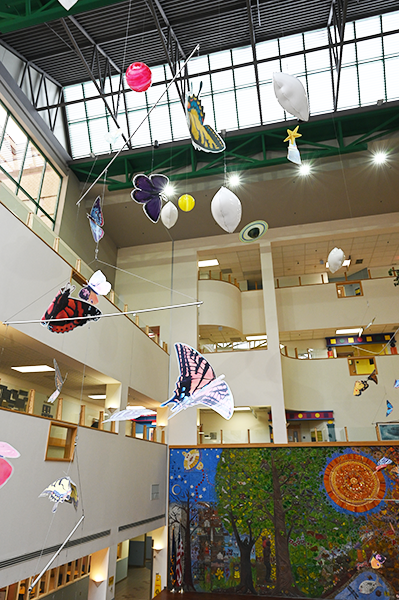
Pathways
The ACGME requires six blocks of individualized curriculum for categorical pediatric residents. Our approach to this requirement was carefully designed with input from residents, faculty, and alumni and includes joining one of three Pathways. Residents join a Pathway in January of their PL-2 year so they have already begun to formulate a career plan.
Inpatient Pathway
Led by Dr. Andrew Butler, the Inpatient Pathway includes personalized experiences to acknowledge the careers of hospital-based specialties, including hospital medicine, emergency medicine, neonatology, and critical care. These experiences include sedation, transport medicine, billing/coding, and child abuse.
Primary Care Pathway
Led by Dr. Noah Buboltz, the Primary Care Pathway prepares the graduate for life as an outpatient provider by increasing experiences in continuity and sick clinics, as well as incorporating skills in breastfeeding/newborn care, special needs, obesity management, premature infant follow-up, and dental medicine.
Consultative Pathway
Led by Dr. Dana Toib, the Consultative Pathway acknowledges the many sub-specialty careers in which the physician serves as a consultant in both outpatient and inpatient settings. Residents in this pathway learn the skills required to negotiate the role of the consultant from a practical and professional standpoint.
Individualized Blocks
The six individualized blocks include:
- Teaching Resident - The PL-3 exercises skills as an educator, from proctoring students in clinic, modeling bedside physical exam skills, and providing high-level feedback to junior learners and peers.
- Pathway Block - The PL-3 participates in individualized experiences relevant to their chosen pathway.
- Two "Flex" Electives - The PL-2 or PL-3 either completes a traditional sub-specialty rotation (e.g., gastroenterology, rheumatology, cardiology) or designs their own rotation with unique goals & objectives (e.g., echo-cardiograms, breastfeeding medicine, or a global health experience).
- Surgical Sub-Specialty or Critical Care Selective - Each PL-3 completes an additional block in a surgical or critical care setting to develop further experiences in acute care and collaborative care.
- “Super” elective - Each PL-3 chooses one sub-specialty elective with a specific, career-focused lens, presenting a case in our Chief Rounds session at the end of the rotation that highlights the connection between the sub-specialty case and the resident’s chosen career path.
